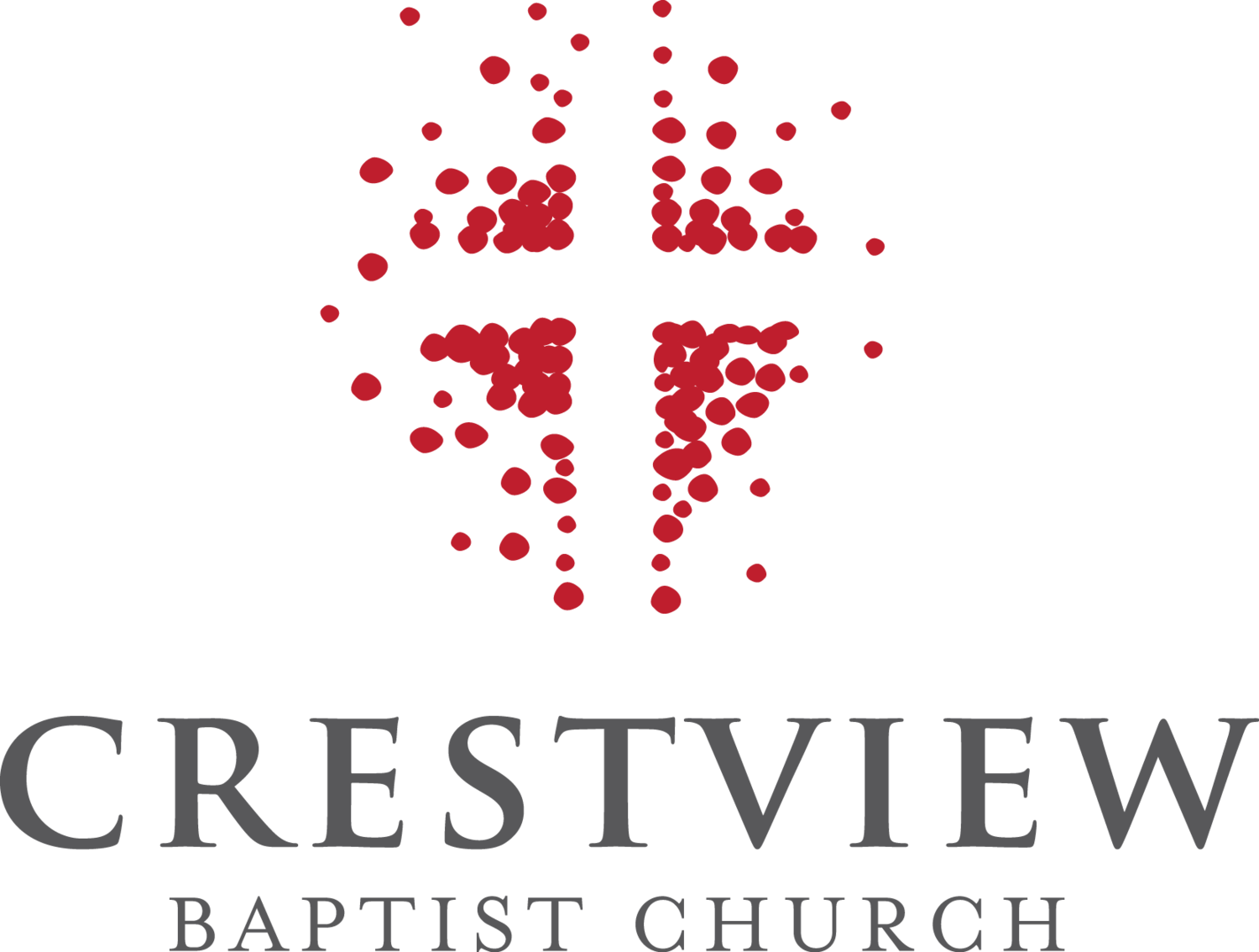From the day Crossway published it seventeen years ago, the ESV Study Bible (ESVSB) has remained the best secondary resource available to everyday Bible students. Obviously, the Bible itself is the top primary resource. As a secondary resource, however, the ESVSB is unmatched. I hope that every growing disciple in our church has one at their fingertips!
Here are ten reasons I think so highly of the ESVSB over other study Bibles available today:
All interpretive tools are under one cover. In addition to reading the biblical text itself, Bible students can use additional tools to understand the text's original languages, history, cultural, and literary background. Tools include cross-references, variant translation notes, commentary, concordance, book introductions, helpful charts, timelines, and maps.
Book introductions. Every book contains an invaluable introduction to the author, date, situation, themes, outline, and more.
Biblical Theology tools. These help readers understand how individual sections are related to the overarching biblical storyline. The “History of Salvation in the OT” section shows how every chapter in the Old Testament points to Christ. The “OT Passages Cited in the NT” section shows how the New Testament uses the Old.
Timelines. These helpful timelines include the History of the OT and NT, the Kings of Israel and Judah correlated with prophets, Jesus' life, and more.
Articles. These articles cover a variety of topics, including an Overview of biblical doctrine, an Overview of biblical ethics, an Interpretation of the Bible, the Canon of Scripture, an Overview of Christian Sects, an Overview of Religious Cults, and more.
Healthy doctrinal perspective. The introduction describes this perspective as classic evangelical theology in the historical stream of the Reformation with confidence in the complete truthfulness of the Bible.
Written by a large team of respected evangelical scholars from various backgrounds, this collaborative effort strengthens the content by avoiding blind spots and biases of individual writers.
Commentary focused on accurate observation and sound interpretation. The commentary notes aim to help the reader understand the text accurately. The Spirt-illuminated reader, then, must make proper application.
Digital access with additional free and paid resources. There are a host of digital resources available, some free, some paid, on the ESV website.
English Standard Version translation. The ESV is one of the best, highly respected, "essentially literal" translations available today.
In the interest of balance, here are a few critiques of the ESVSB:
Not Exclusively Baptist. This is not a concern, but it is something to be aware of. All churches, including ours, are more precise than the ESVSB in areas such as the ordinances and the doctrine of the church .
Neutral on controversial doctrines. For example, it even-handedly presents three millennial views. Realize the ESVSB’s purpose. When required, look elsewhere for resources that will assist in greater doctrinal precision.
Size. It is a thick, heavy book. My suggestion is to use this one at your study spot at home and bring a lighter “reading” Bible to church gatherings.
We stock copies of the ESVSB in our bookstall. Five more were delivered today! (We make no profit—we're just trying to get good resources into your hands.)
For His Glory,
Pastor Thomas









